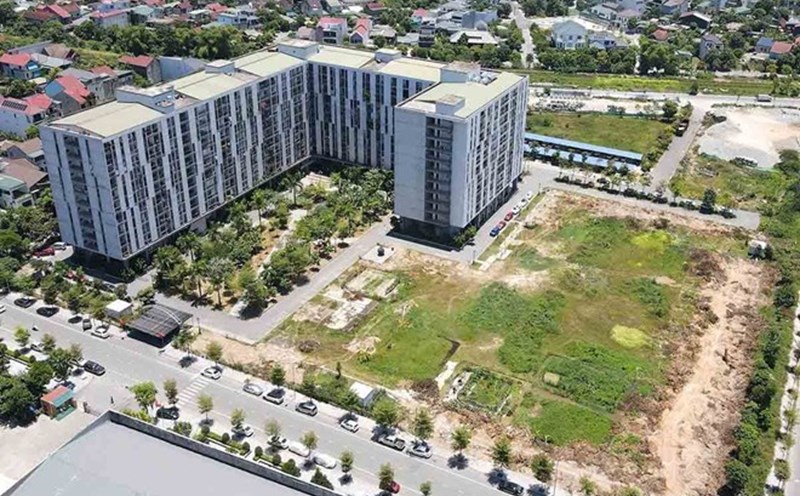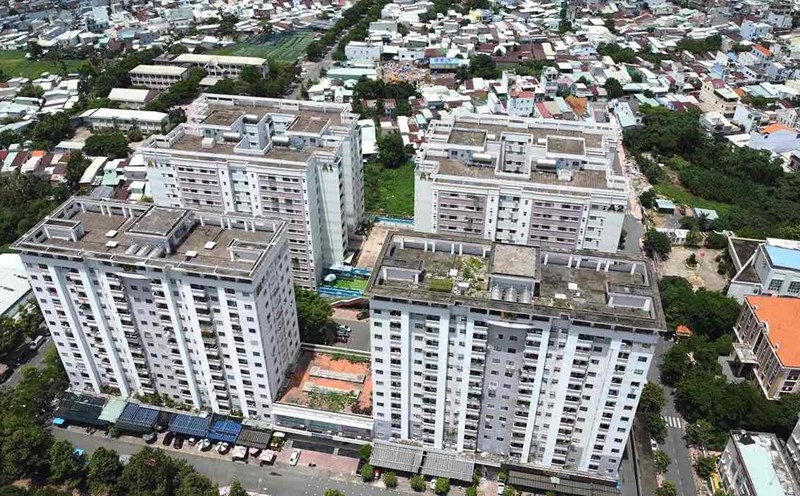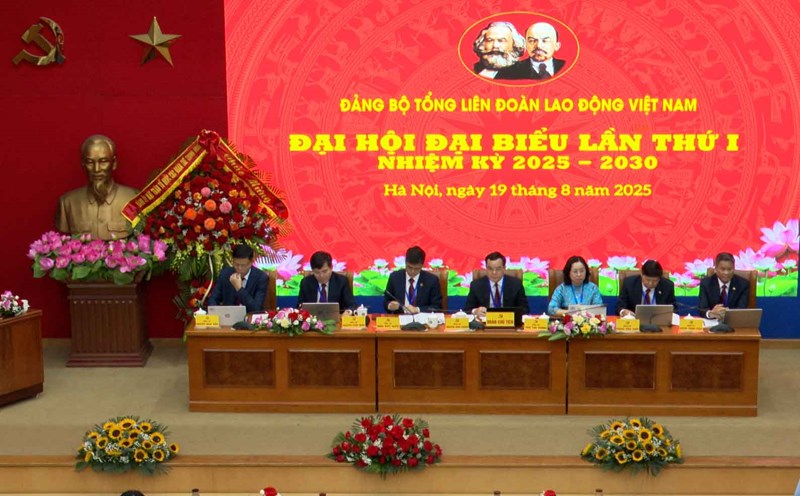The 2-level local government model has stabilized after nearly 2 months of operation, many bottlenecks have basically found solutions and avoided disruption.
According to experts, this is an important step in the process of reforming the administrative apparatus with the goal of streamlining, improving the effectiveness and efficiency of state management and serving the people.
In addition to the positive aspects achieved, according to voters' feedback, the process of merging provinces and communes has encountered certain difficulties. Typically, many cadres and civil servants have worked away from home, working in remote areas...
Voters requested the Ministry of Construction to promptly advise the Government to amend and supplement the area standards and equipment norms for civil housing, investment standards, and subjects for civil housing in accordance with the situation after the arrangement of administrative units.
On July 22, 2025, the Prime Minister issued Decision No. 1581/QD-TTg assigning the Ministry of Construction to issue guidelines for implementing the public housing policy for cadres, civil servants and public employees who have to move after the arrangement of administrative units.
In early August 2025, the Ministry of Construction proposed a report to competent authorities to allow the Prime Minister to issue a policy to expand the subjects of public housing rental to cadres, civil servants, and public employees in localities subject to administrative unit arrangement.
Sharing with Lao Dong reporter about this issue, Mr. Nguyen The Diep - Member of the Vietnam Real Estate Association - said that when merging and consolidating provincial-level administrative units, the provincial administrative center headquarters will have changes.
Therefore, arranging public housing for cadres, civil servants, public employees, and workers is extremely necessary, helping them feel secure in working at the new headquarters after the merger.
However, Mr. Diep said that it should not be applied rigidly but should depend on the conditions of each different locality to implement different regimes and policies.
To ensure policies achieve results as well as ensure fairness, thrift, and avoid waste, Mr. Nguyen The Diep said that during the implementation process, it is necessary to grasp the real needs of cadres, civil servants, and public employees in terms of quantity, conditions, and demand for public housing to arrange appropriately.
At the same time, strictly manage public housing, ensure support for the right people, the right subjects and the right policies, avoid bienlation. "While working, cadres and civil servants are allowed to use public housing according to regulations, but when they are no longer working, they must return it according to regulations" - Mr. Diep said.
According to Mr. Diep, if the demand for public housing registration is large, then in the long run, it is necessary to have appropriate calculations. To serve the immediate need and the number of registered cadres, civil servants and public employees is not large, it is also an option to consider taking advantage of the surplus headquarters to renovate and convert the function into public housing to avoid waste.











